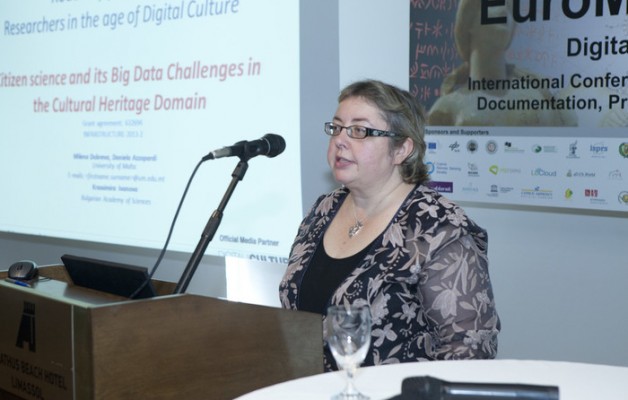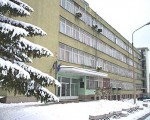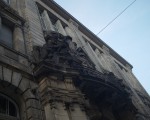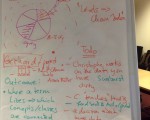Report on the visit of Dr. Milena Dobreva to University of Cyprus, Nikosia, Cypris, on November 2-8, 2014 based on the grant STSM-TD1210-21800
Title of STSM: Citizen Science in the Humanities as a Novel Method for Engagement of Citizens with eInfrastructures
The main purpose of this STSM was to discuss requirements related to citizen science initiatives applied within Humanities. The uptake of citizen science in the Humanities and in relation to digital cultural heritage is smaller compared to the life sciences and the motivation behind this short term mission was to explore what could be the reasons for this with a range of local experts working on the intersection of digital cultural heritage, creativity and ICT.
The consultations involved besides the host of this action, Prof. Papadopoulos, as well Dr. Marinos Ioannides and Dr. Fernando Loizides from the Cyprus University of Technology. Dr. Ioannides is coordinating ITN-DCH (an initial training network on Digital Cultural Heritage) and contributed substantially in the last years to the better accessibility of cultural heritage collections from Cyprus; in addition he is the national representative for DARIAH in Cyprus; while Dr. Loizides works on the information retrieval aspects of digital libraries. This initial discussion focused on requirements from the point of view of digital infrastructures, researchers and cultural heritage professionals. Citizen science domain is complex, with a range of stakeholders (academic institutions, cultural heritage institutions, funding bodies, citizen activists’ organisations, as well as the media). Users from all these groups use eInfrastructures which help to involve citizen scientists in ongoing initiatives – however their requirements to the eInfrastructures range from discovering a project and contributing to it for the citizens taking part to management functions, following motivation and quality, and managing rights for the managers of ongoing projects. An initial model of requirements is currently being developed and hopefully it would help to illustrate what citizen science means for various stakeholders; a publication in Springer series “Advances in Intelligent Systems and Computing”, ISSN 2194-535, is under preparation. The overall feeling was that the domain is of interest and further joint work would be beneficial.
The visit to the host in Cyprus, Prof. George Papadopoulos from the Department of Computer Science, University of Cyprus, had been arranged in an excellent manner by the local hosts with dates which allowed to benefit not only from the contacts with local professionals, but also to expand the discussion to the participants in two international events, the EuroMed conference (International Conference on Cultural Heritage) and KICSS 2014 (9th International Conference on Knowledge, Information, and Creativity Support Systems) with both events taking place in Limassol, Cyprus. The visit was complemented by participation in sessions in the EuroMed and KICSS conferences where two presentations had been delivered:
- Citizen science and its Big Data Challenges in the Cultural Heritage Domain. Delivered on 4 November 2014 during the workshop “Big data and cultural heritage”, within the EUROMED conference.
- Citizen Science in the Humanities: A Promise for Creativity. Delivered on 8 November 2014 at the 9th International Conference on Knowledge, Information and Creativity Support Systems, Limassol, Cyprus, November 6-8, 2014.
Msida, Malta
Milena Dobreva, 8 December 2014





